Editor’s note: This article was first published in January when Deepika Padukone first spoke about her battle with depression during an interview with Hindustan Times. After she appeared in We the People on NDTV yesterday, she has got the country talking about depression once over again.
As headlines about Deepika Padukone having battled depression crept all over social media, some of us - actually many of us - had an image in our heads and it was, well, Madhur Bhandarkar-esque.
Deepika, with her perfect, blow-dry (or maybe for depression, she’d go for artfully tousled locks); her shoes kicked to a far corner of an expensive-looking, dimly-lit room. Mascara streaming down her face. She digs through her drawers for a cigarette or dives into muffin-fat quilts on a queen-size bed for a tiny, orange-brown bottle full of white tablets. This imaginary show-reel would obviously have ended with Deepika throwing a vase or that bottle of pills at the mirror. And for that, we can thank the mockery that Bhandarkar’s films like Heroine and Fashion have made of mental illness_._ He turned the painful reality of depression into a caricature and mawkishly dismissed it as the burden of the rich and the famous. Or worse, a melodramatic phenomenon that never strikes without a sad song and will never come anywhere near our normal, soundtrack-less lives.
For the sake of money-minting melodrama, Bollywood has persistently made depression seem caricaturish, absurd or even evil at times. As far as Hindi films go, depression is something that makes us cringe, not react with sympathy. And that’s why Deepika Padukone stepping out of the comfortable filmy cocoon of discussing nothing more than work-out regiments and pets is a big deal. A huge deal, in fact.
If you do a quick recap of Bollywood depictions of depression and depressive people, here’s what you’ll get: they are mostly female, they are mostly actors or models hence not one of us, or they are possessed by pyaasi atmas who are not known to have much fascination for humans like you and I. All these people mostly visit a stern-looking doctor in a chamber that looks more like an Ayurvedic spa. All these people, therefore, are not remotely you.
From the depressive actress played by a shrieking Kangana Ranaut in Woh Lamhe to the sultry, alcoholic supermodel in tiny shorts played by a one-pout-too-many Jacqueline Fernandes in Raaz 2, the Bollywood variety of depression, can only be treated by a good looking man. And if said man fails you, crunching prescription pills like nachos is also a way, again, films will tell you. And of course prescription pills are evil. Never mind the fact that if they’re prescribed by a doctor, they’re more likely to be helpful than addictive. Love and fresh air, rather than medical advice, is all a depressed person needs.
Considering the stereotypes that Bollywood cements about mental illness, if someone is indeed suffering from anxiety disorder, they probably would not talk about it to either friends or family for fear of being equated with Fashion’s Priyanka Chopra, who downed tequilas and ended up in bed with a man who is a good racist Indian mother’s nightmare come true (a black model).
Given that exacting standards that a woman’s reputation must adhere to - be it socially or professionally, regardless of the industry - Padukone’s confession becomes all the more relevant and important. In discussing her trial in detail, Padukone first demolished the popular idea that depression is glamorous. It wasn’t her coming back from parties, weeping and sobbing on her driver’s shoulder. It’s practical and exhausting. Padukone talks about how in the midst of work - while shooting for Happy New Year - she found it difficult to wake up and go for the shoot. That is something many, many of us are familiar with - that weighted emptiness that invisibly anchors you to the bed. The long directionless stretch of a day before you that you fill with coffee, vacuous chit chat and taking orders from bosses - it’s this banality that’s reflected in Padukone’s descriptions of depression and that’s what makes it feel and sound real. “There were days when I would feel okay, but at times, within a day, there was a roller-coaster of feelings. Finally, I accepted my condition,” she says in the exclusive interview to The Hindustan Times .
Like most people suffering from depression, Padukone was in denial about it and admits to this as well as her fear of having to take medication. “The counselling helped, but only to an extent. Then, I took medication, and today I am much better,” she says.
Her account of her battle with depression is non-dramatic, almost clinical. It reads like an account of battling a bout of cold and flu or conjuctivitis - where you sense the symptoms, for a while hope you are really not suffering from it and then seek a doctor to cure it. Padukone mentions she consulted two doctors - one was her mother’s friend, who flew down from Bengaluru to meet Padukone, and another was a doctor she visited in Bengaluru. If this report is anything to go by depression is quite an epidemic in India and seeking medical help is still treated with a lot of unwillingness. It doesn’t help that we have a severe shortage of mental health professionals and most people equate making an appointment with a psychiatrist with being certifiably insane.
Finally, to mention the obvious, in a country which takes a Bollywood endorsement as an absolute, Padukone coming out to declare that depression is something that creeps upon you when you are not watching actually makes it more acceptable to people, somewhat more legitimate to admit to. Otherwise if mainstream Bollywood has its way, depression would still be something that happen to ‘others’. Like item numbers and happily ever afters.


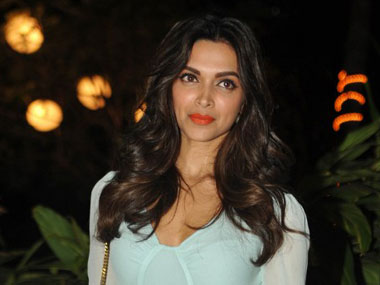)




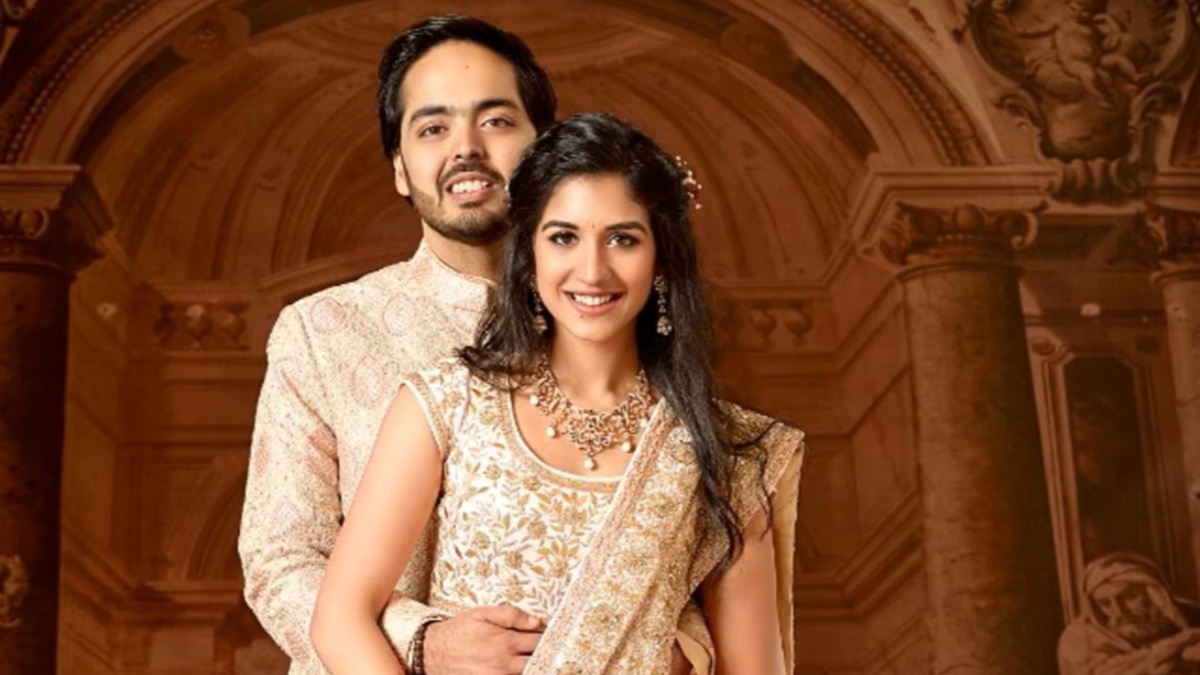)
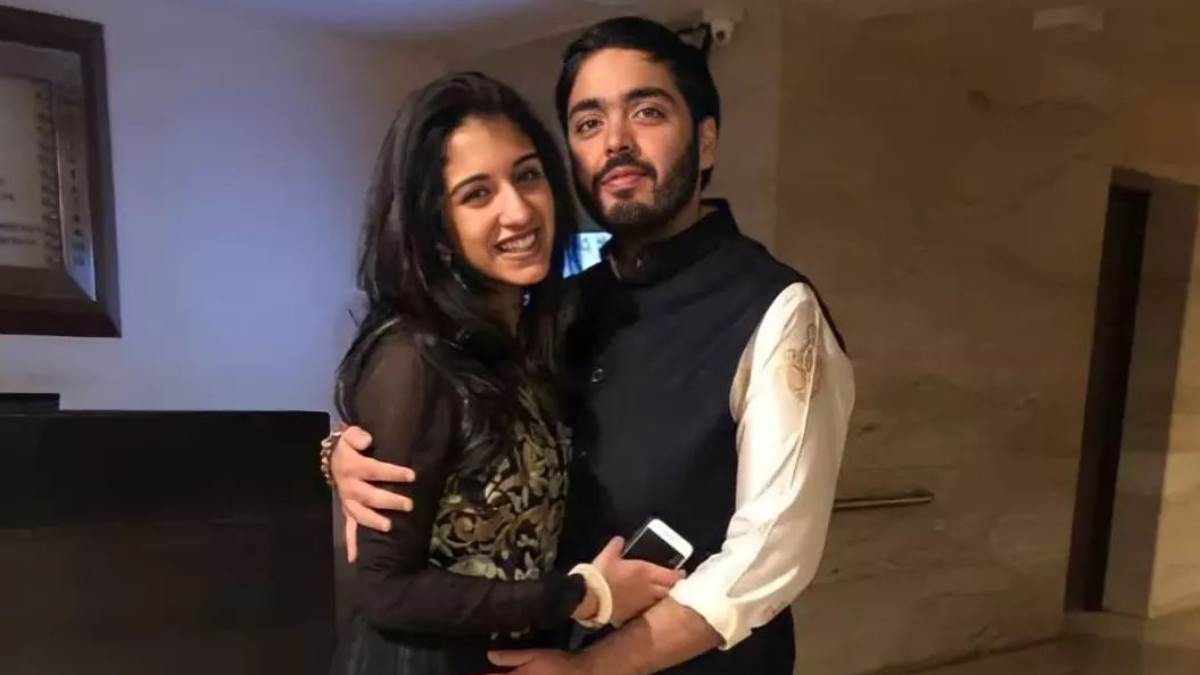)
)
)
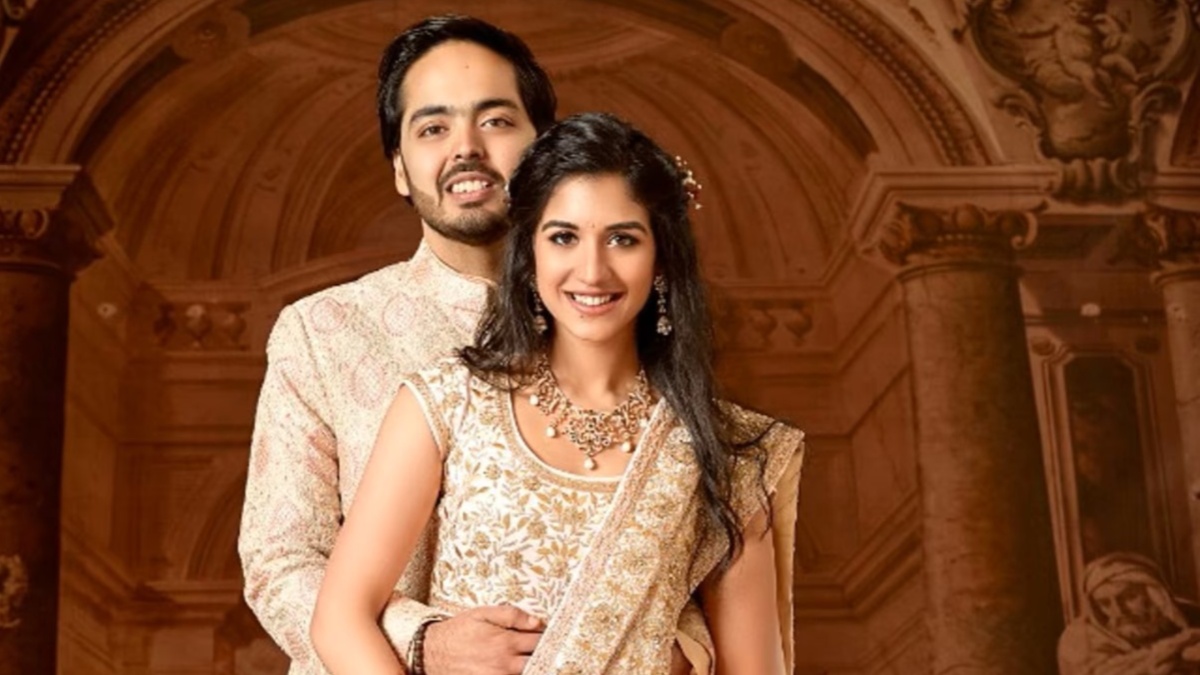)
)
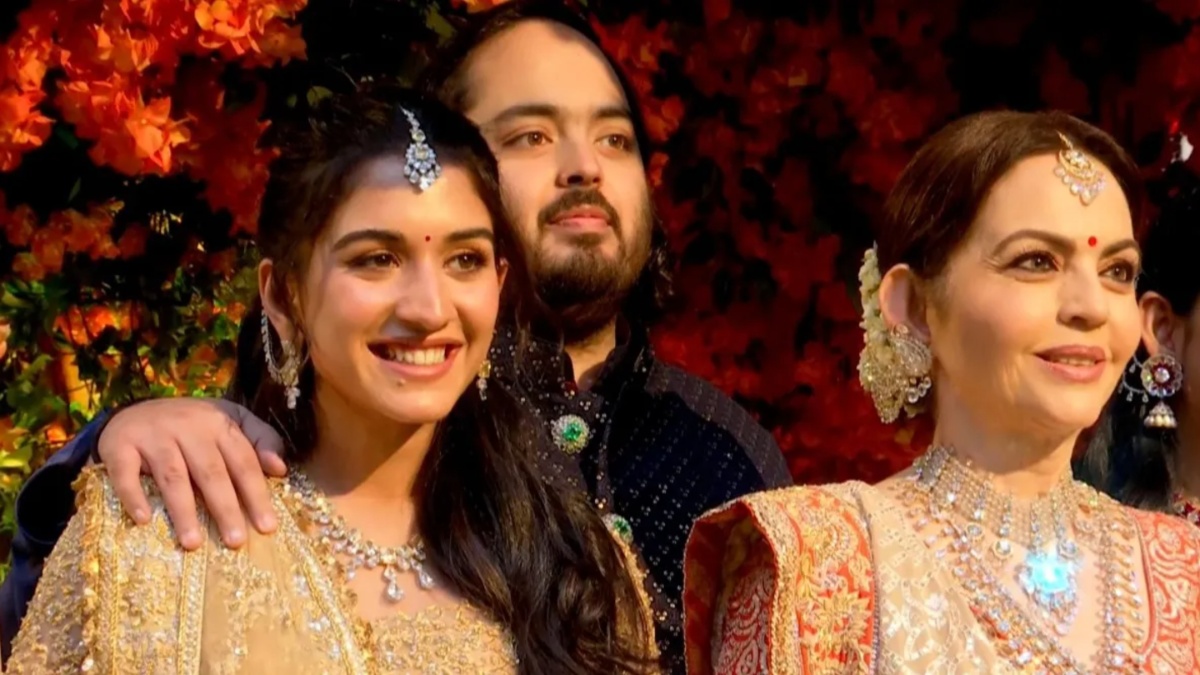)
)